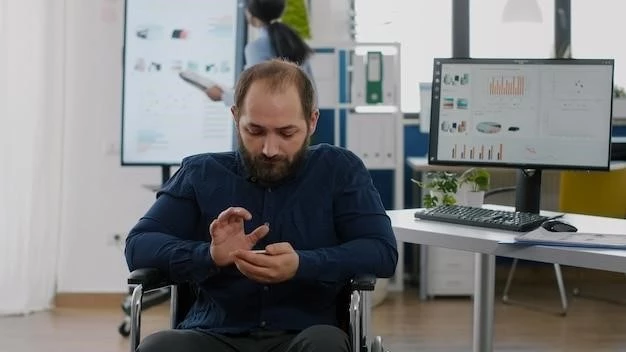Overview of Noble-Bass-Sherman Syndrome
The Noble-Bass-Sherman Syndrome, also known as Ectopia lentis-chorioretinal dystrophy-myopia syndrome, is a rare genetic disorder affecting the eyes․
Definition and Characteristics
Noble-Bass-Sherman Syndrome, also known as Ectopia lentis-chorioretinal dystrophy-myopia syndrome, is a rare genetic disorder characterized by abnormalities in the lens and retina, impacting vision and eye health․
Symptoms and Diagnosis
Patients with Noble-Bass-Sherman Syndrome may experience symptoms such as ectopic lens, dense cataracts, retinal detachment, tapetoretinal dystrophy, myopia, impaired vision, and other eye abnormalities․
List of Symptoms
- Ectopic lens
- Dense cataracts
- Retinal detachment
- Tapetoretinal dystrophy
- Myopia
- Impaired vision
- Abnormal eye development
- Other eye abnormalities
Causes and Prevalence
Caused by genetic factors, the Noble-Bass-Sherman Syndrome is a rare disorder with an estimated prevalence of 1 in 1,000,000 individuals․
Genetic Basis
The Noble-Bass-Sherman Syndrome is attributed to genetic factors and is inherited in an autosomal recessive pattern, leading to anomalies in the lens and retina․

Treatment Options
Treatment strategies for Noble-Bass-Sherman Syndrome focus on managing symptoms and may include surgical interventions to address issues such as ectopic lens and retinal abnormalities․
Management Strategies
Effective management of Noble-Bass-Sherman Syndrome involves a multidisciplinary approach focusing on addressing eye abnormalities through surgical interventions, visual aids, and regular monitoring to preserve vision and maintain eye health․
Support Resources for Patients
Community groups and advocacy organizations provide invaluable support to individuals and families affected by the Noble-Bass-Sherman Syndrome, offering resources and guidance in managing this condition․
Community Groups and Advocacy Organizations
Community groups and advocacy organizations play a crucial role in supporting individuals and families affected by Noble-Bass-Sherman Syndrome, providing valuable resources, guidance, and a sense of community in dealing with this rare genetic disorder․

Research and Future Prospects
Ongoing studies and developments aim to enhance understanding and treatment modalities for Noble-Bass-Sherman Syndrome, offering hope for improved management and outcomes in the future․
Ongoing Studies and Developments
Continuous research efforts are underway to explore novel treatment approaches, genetic mechanisms underlying the Noble-Bass-Sherman Syndrome, and potential advancements in managing this rare genetic eye disorder in the future․
